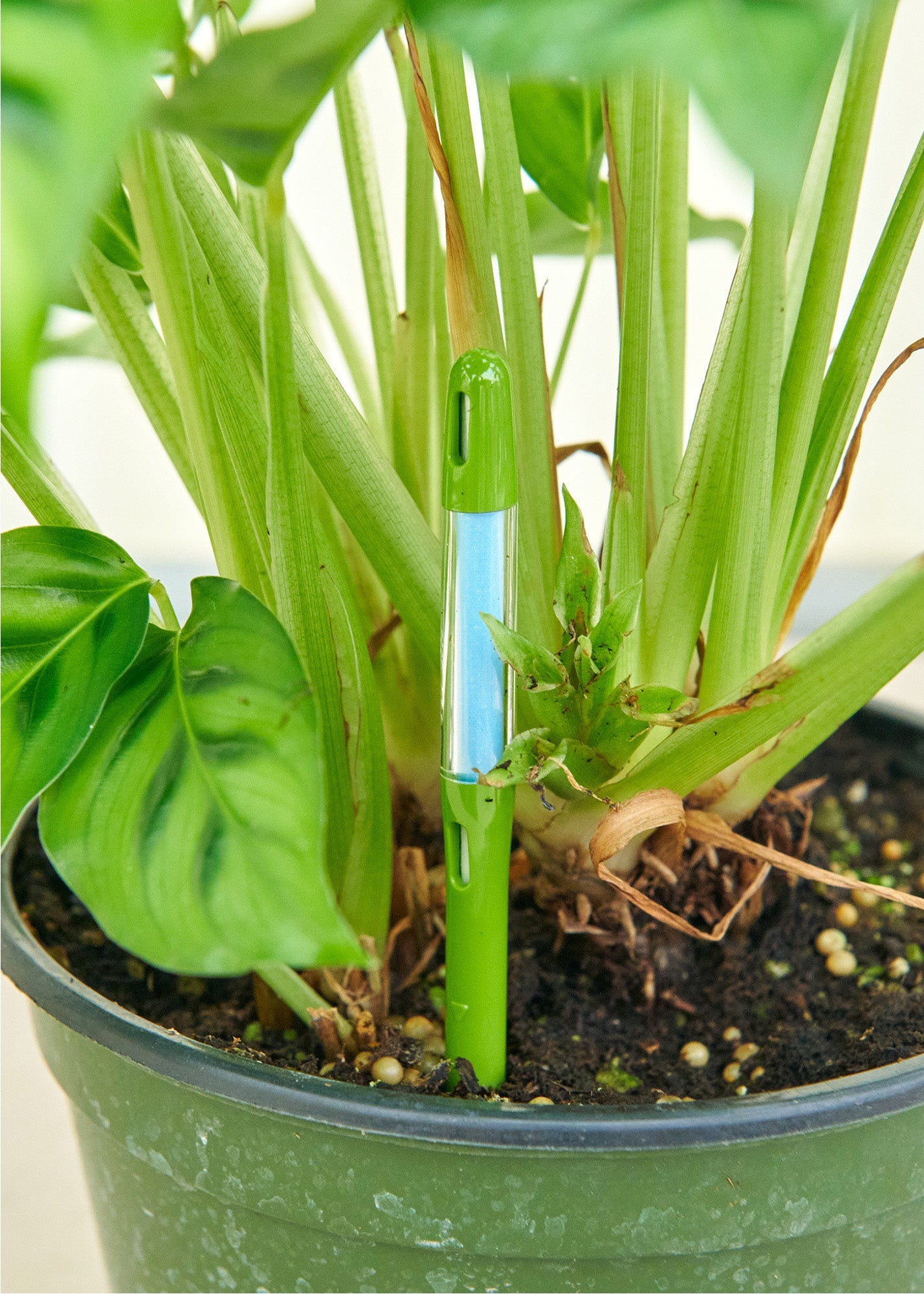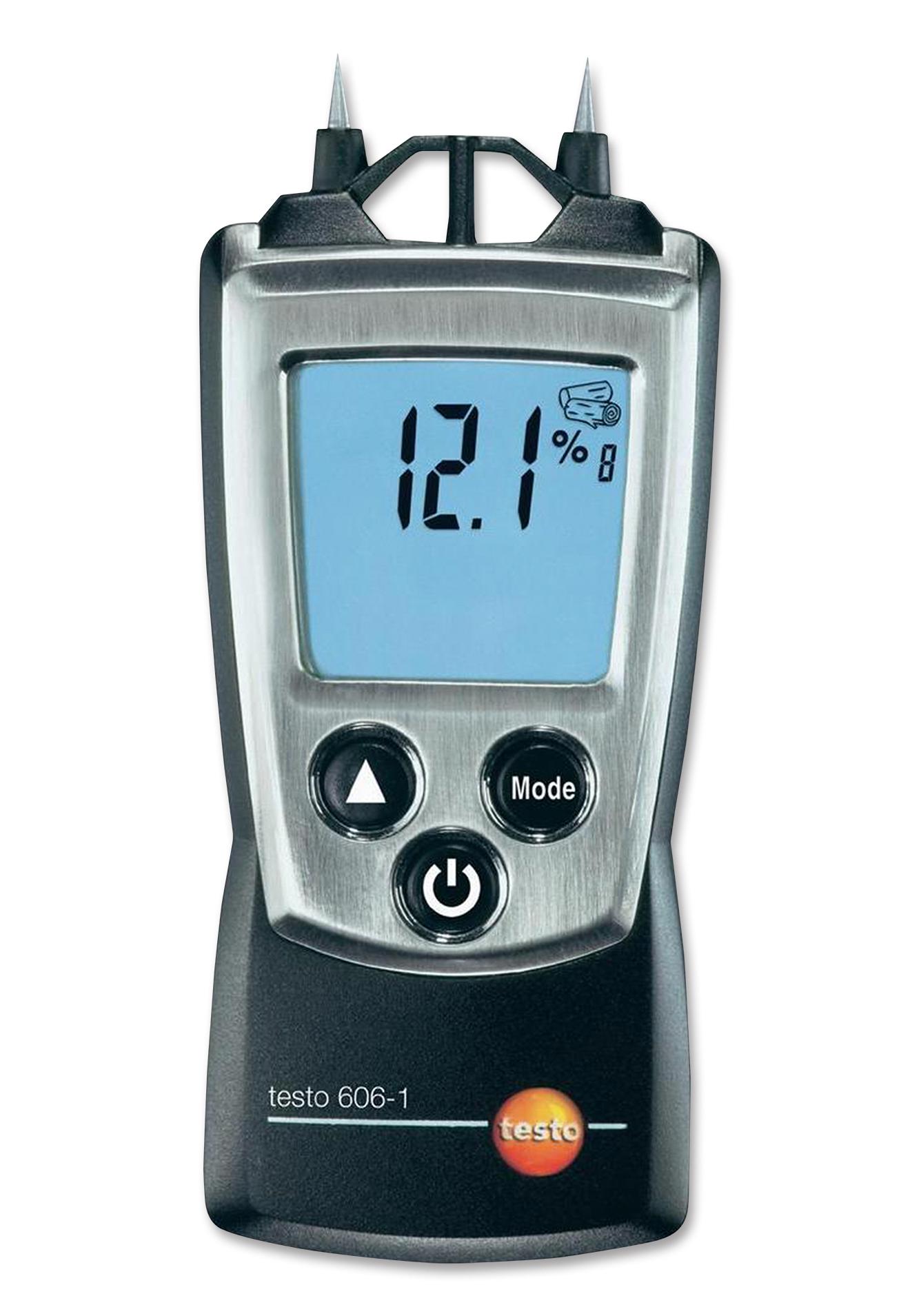Why Every Property Owner Requirements a Moisture Meter: Secret Benefits and Attributes
Why Every Property Owner Requirements a Moisture Meter: Secret Benefits and Attributes
Blog Article
The Ultimate Guide to Moisture Meters: A Comprehensive Overview and Just How They Can Save You Money
In the world of structure maintenance, building, and various markets, the relevance of properly determining moisture degrees can not be overemphasized. Dampness meters work as crucial devices in discovering and keeping an eye on moisture material in products, helping in avoiding costly problems and making sure the top quality of items. Comprehending the nuances of various kinds of moisture meters, their applications, and the possible cost-saving advantages they supply can be a game-changer for organizations and experts alike. Discovering how these tools can not only streamline procedures yet also contribute to economic savings is a trip worth starting.
Kinds Of Moisture Meters
Different kinds of moisture meters are available for various applications in various sectors. One common kind is the pin-type dampness meter, which gauges the electric resistance in between two pins placed right into a material. This kind is suitable for timber, drywall, and various other structure materials. Pinless wetness meters, on the various other hand, use electro-magnetic sensing unit plates to check a larger location without causing damage to the product's surface. These meters are excellent for swiftly assessing wetness degrees in huge areas such as walls and floors.
Infrared moisture meters determine the thermal buildings of a product to identify its moisture content non-invasively, making them valuable for applications where pin or pinless meters might not be ideal. Recognizing the various types of moisture meters readily available can assist sectors pick the most proper device for their certain wetness dimension demands.

Benefits of Making Use Of Moisture Meters

In addition, using wetness meters can lead to enhanced energy effectiveness. By recognizing locations with high dampness degrees, such as leakages or poor insulation, adjustments can be made to improve energy conservation and minimize energy expenses. In farming setups, moisture meters play an important function in enhancing plant returns by making it possible for farmers to check dirt dampness degrees and make educated watering choices. On the whole, the advantages of utilizing wetness meters cover throughout numerous sectors, giving cost-efficient remedies and advertising far better high quality control methods.
Exactly How to Select the Right Moisture Meter
Selecting the ideal dampness meter includes considering vital elements such as material compatibility, dimension variety, and calibration accuracy. When picking a wetness meter, it's vital to make certain that the meter is appropriate for the particular product you will certainly be testing. Various materials have differing electrical residential properties that can impact dampness readings, so selecting a meter created for your material is important for accurate outcomes. Additionally, take into consideration the measurement variety of the moisture meter. Make sure that the meter can spot dampness levels within the variety needed for your applications. Calibration accuracy is an additional essential aspect important source to remember (Moisture Meter). Choose a dampness meter with reputable calibration to ensure regular and accurate analyses. Some meters may call for periodic calibration adjustments, so recognizing the calibration process is crucial. By carefully evaluating these factors, you can choose a dampness meter that meets your requirements and gives accurate moisture measurements for your tasks.
Correct Techniques for Moisture Meter Usage
To make sure exact moisture analyses and optimize the performance of a moisture meter, employing appropriate methods is crucial. When using a pin-type wetness meter, place the pins or probes right into the product being checked till they make complete get in touch with. Make sure the pins are vertical to the surface area to obtain one of the most exact analysis. For pinless wetness meters, hold the gadget level versus the product and relocate it gradually to cover the entire area for a typical reading. It's vital to adjust the wetness meter according to the material being evaluated to enhance accuracy. Take multiple readings throughout the surface area and ordinary them out for a much more trustworthy outcome. In addition, make sure that the material being evaluated is accustomed to the environment to avoid skewed analyses. Routine maintenance of the moisture meter, such as cleansing the pins or sensing unit, is additionally vital to make certain accurate and regular analyses. By complying with these correct methods, users can rely upon their dampness meter to offer trustworthy dampness levels, helping in protecting against costly damages or making sure high quality in various applications.

Expense Savings Via Moisture Meter Applications
How can the calculated utilization of wetness meters lead to considerable price savings throughout numerous industries? Wetness meters play an essential function in price savings by stopping possible damage and guaranteeing top quality control in various industries. In the farming industry, wetness meters help in determining more information the optimal time for gathering plants, protecting against excess or over-drying moisture that can affect the last item's top quality. This accurate tracking assists farmers avoid unnecessary losses and optimize their return.

In addition, in the food handling sector, moisture meters are important for keeping track of product quality and guaranteeing compliance with safety regulations. By accurately determining dampness web content in food, suppliers can stop wasting, preserve quality, and minimize waste, leading to considerable cost financial savings. On the whole, the calculated application of wetness meters is an important financial investment that can cause considerable cost decreases and enhanced efficiency throughout different industries.
Verdict
To conclude, moisture meters are beneficial tools for determining and discovering moisture degrees in different materials. By making use of the ideal moisture meter and adhering to appropriate strategies, individuals can properly stop pricey damages triggered by excess wetness. Purchasing a high quality moisture meter can cause significant expense financial savings in the long run by recognizing potential problems early on and making it possible for prompt remediation. Inevitably, moisture meters are necessary instruments for preserving the integrity and durability of frameworks and materials.
Moisture meters serve as indispensable tools in finding and monitoring moisture content in materials, helping in stopping pricey problems and ensuring the quality of products. Infrared pop over to this web-site moisture meters measure the thermal homes of a product to establish its dampness web content non-invasively, making them valuable for applications where pin or pinless meters might not be ideal.Dampness meters supply invaluable advantages in precisely examining and checking dampness degrees in varied materials and environments. In agricultural settings, dampness meters play a crucial duty in maximizing plant yields by enabling farmers to monitor dirt wetness levels and make informed watering choices.In conclusion, wetness meters are useful tools for identifying and determining dampness levels in various products.
Report this page